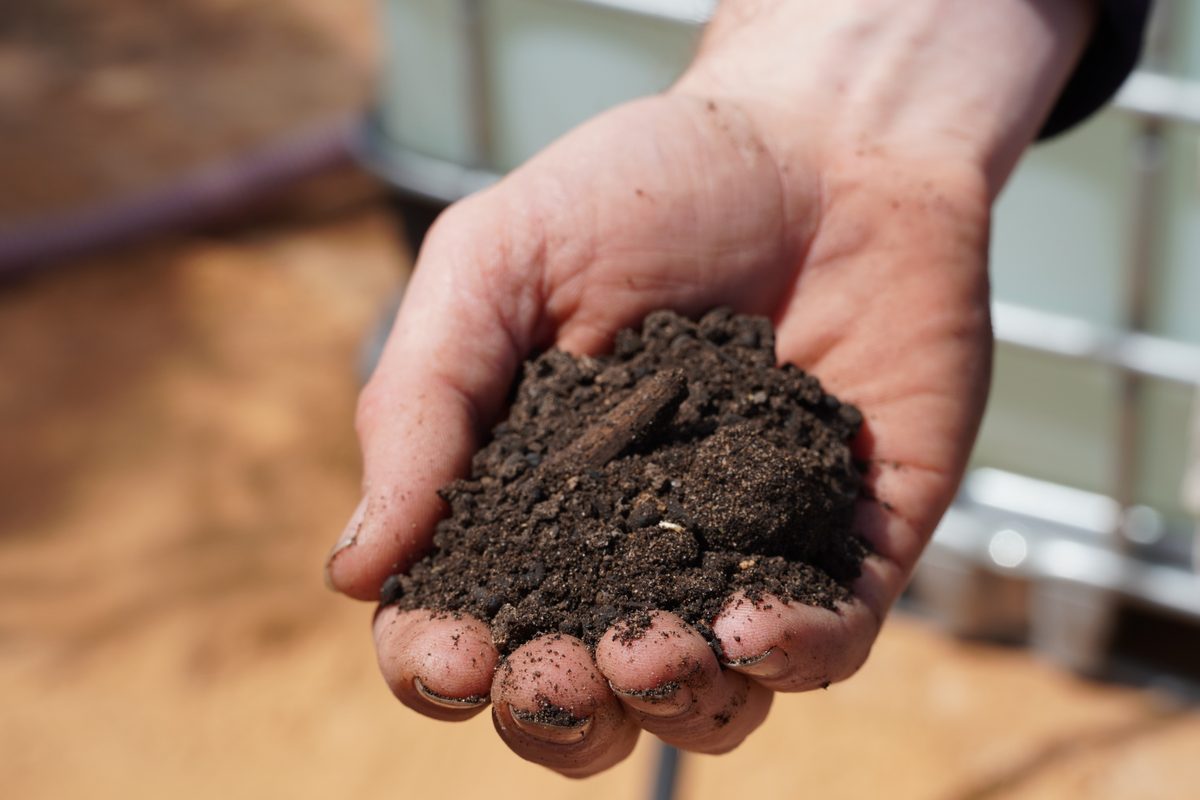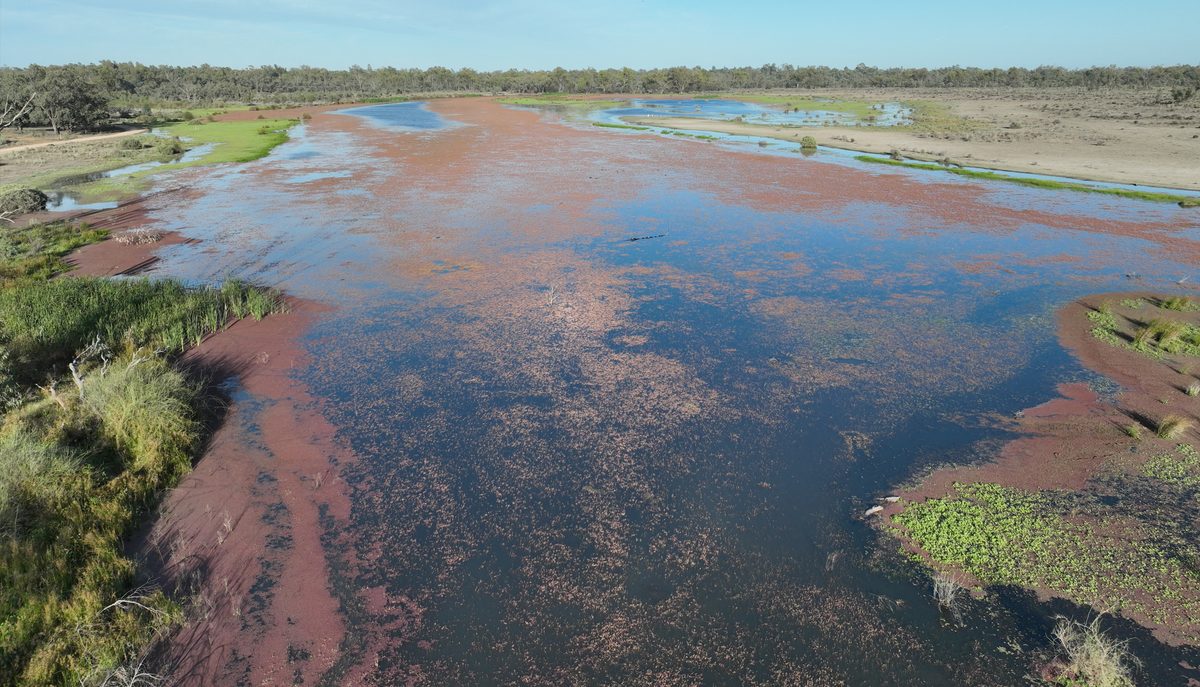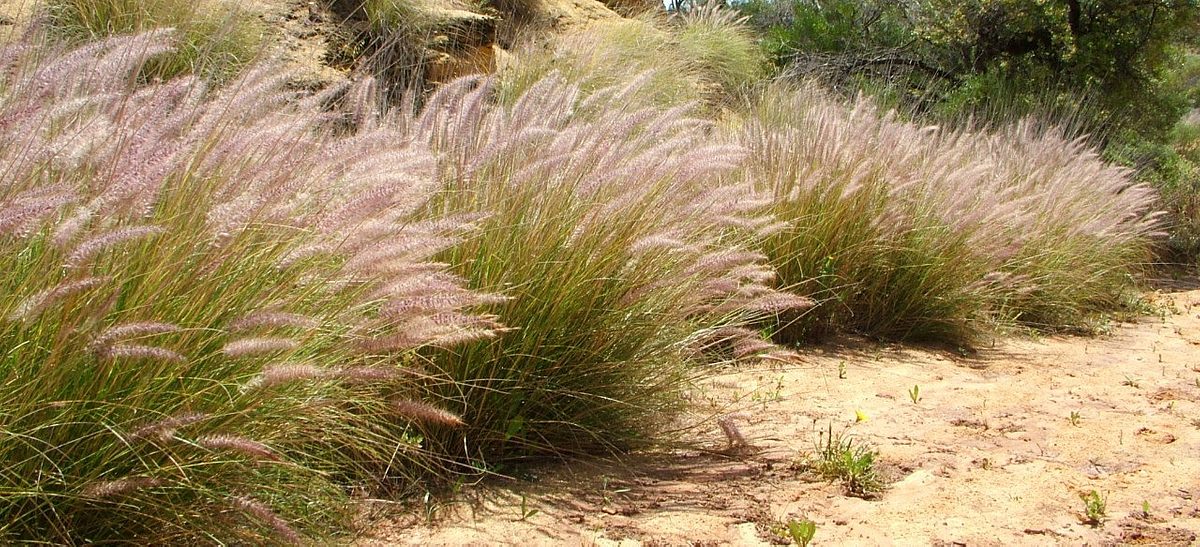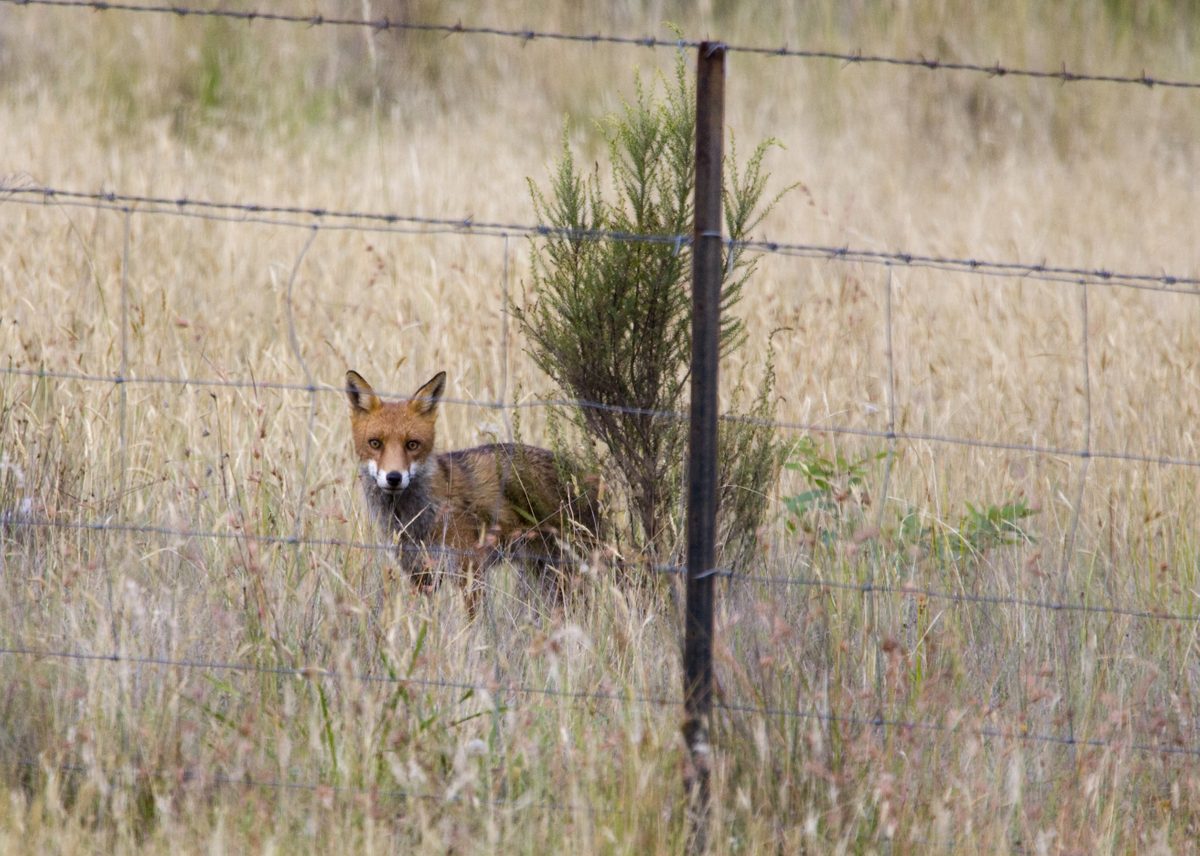Free Workshop to Help Land Managers Make Bio Fertilisers
The Murraylands and Riverland Landscape Board is hosting a free workshop to demonstrate to land managers how to produce and use bio fertilisers as a valuable resource to improve farm yields.

Hosted on-farm at Brinkley on Tuesday 24 September, the event will step attendees through the process to ferment base cultures which can be used as the basis of liquid fertilisers to help improve soil health and performance.
The day will be facilitated by David Hardwick from Soil Land Food who has worked on the research and development of bio fertilisers in addition to his experience in agronomy and soil health.
Bio fertilisers contain living organisms including bacteria and yeasts which help to stimulate plant growth and soil health. As a form of fertiliser that can be made on-farm at a cost effective price point, more and more land managers are considering bio fertilisers as a practical part of their approach.
Landscape Board Soil Extension officer Barrie Williams said that workshop attendees will learn how to produce a base bio fertiliser which can then be customised to address more specific constraints.
“The workshop will step land managers through the process to make a fermented Lactobacillus culture which is rich in microbes that will boost soil fertility and plant health”.
“The base culture can then be added to products such as seaweed, calcium, magnesium, micronized biochar, zeolite, wood ash, humic acid and other macro and micronutrients depending on the landholder’s requirements”.
“We’ll also be cooking up a batch of bio fertiliser that is rich in micronutrients, and a hydrolysate by recycling fish products which is capable of increasing soil fungi and providing trace elements in a plant-available format,” he added.
Mr Williams said that there were many advantages to the use of bio fertilisers on-farm.
“Bio fertilisers offer land managers a highly cost effective way to feed their plants while also tailoring their fertilisers to address specific constraints and deficiencies”.
“They are easily scaled for any size farm. The cost of set up is relatively inexpensive and the process uses equipment that most farmers would already have in their shed”.
Mr Williams said that there were also a number of advantages to bio fertilisers compared with commonly used fertilisers such as DAP and urea.
“Bio fertilisers are better for soil microbes, provide nutrients in a more plant available form and improve the capacity of soil to retain water, making crops and pastures more resilient in dry times”.
The workshop is free to attend, but registrations are essential. Attendance includes lunch and take home resources. Find out more and register here by Tuesday 17 September.
This project is supported by the Murraylands and Riverland Landscape Board with funding from the South Australian Government’s Landscape Priorities Fund.


